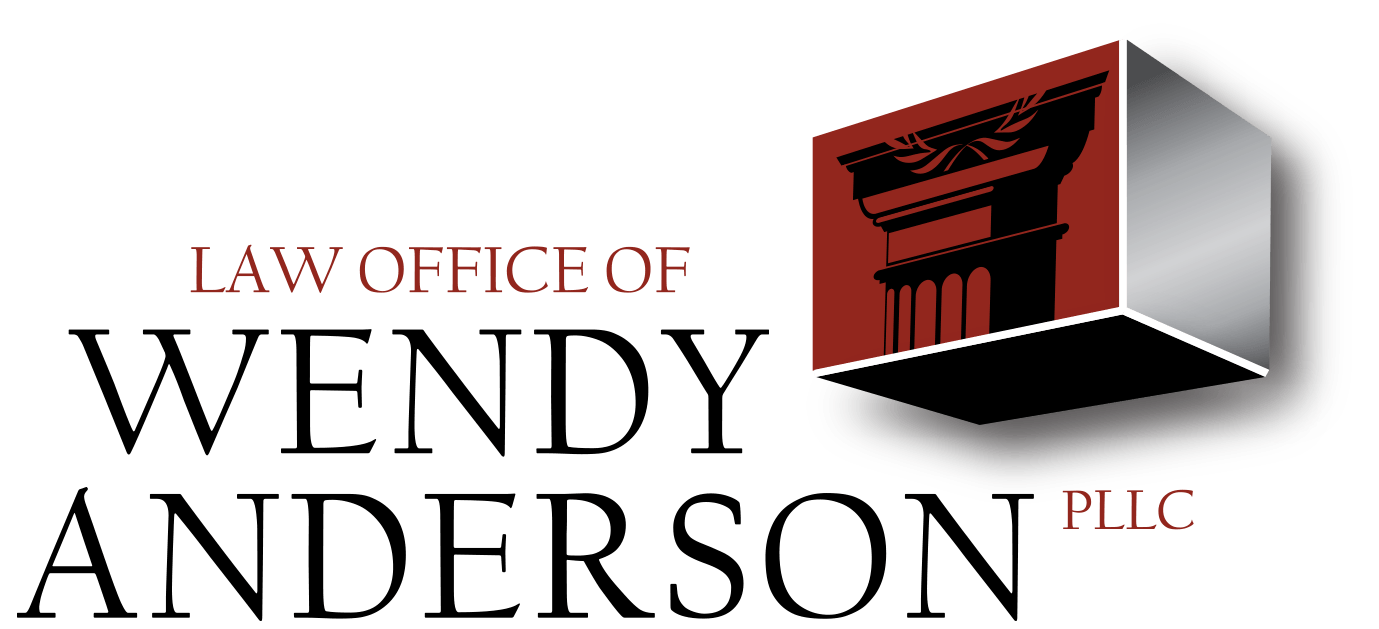The LLC Liability Shield… Don’t Put it in Jeopardy
The limited liability company, or LLC, is a type of business entity that provides protection for the owner’s personal assets should the business not have sufficient assets to cover debt that becomes due. If your business is organized as an LLC, your own personal liability for the LLC’s actions is significantly limited. If your company is organized as a Partnership or Sole Proprietorship, you do not have this legal protection.
To ensure this shield of liability remains intact, you need to maintain a distinct identity and existence for your LLC so that you are not personally obligated should your business find itself with greater debts than assets. The following steps are not complicated nor costly, yet they are key to ensuring that your personal assets are protected by the liability shield afforded by your LLC.
-
Execute an Operating Agreement.
An Operating Agreement will fully reflect the understandings related to the operation of the business between you and any other members of the LLC. Its terms should clearly identify each member’s function, determine how operations and financial decisions will be made, outline the degree of authority each member has, and determine the process for any member to exit the LLC. Even if you are the only member and the only manager, it is smart to adopt a straightforward Operating Agreement that provides the authority for you to take the actions and manage the company as you choose to do. This shows third parties that the LLC is run according to certain procedures, and not based on the whim of any single member. To read my blog specifically regarding Operating Agreements, click here.
-
Open a business bank account.
Deposit all business revenue and withdraw all business expenses from this separate account. Commingling your personal funds with the funds of the business or using business funds for personal expenses is a sure way of exposing yourself personally to potential liabilities of the business.
-
Sign all business documentation as an officer of your business.
When entering into agreements with third parties – customers, suppliers, vendors – clearly indicate that the transaction is with the LLC by signing as a member or manager, as appropriate. Signing only with your name creates the potential to bind you personally for a business obligation.
-
Keep official records of company business.
Although LLCs are not required by law to hold meetings or keep minutes, your adherence to this corporate “formality” will tend to portray your business as a separate entity from you personally, even if you are the only member of the LLC. Get in the habit of accurately documenting any meetings you do have and note any decisions made by the members, even if you are the only one, pertaining to the LLC’s operations or finances.
-
Ensure the LLC is appropriately capitalized.
Keep enough money in the LLC to pay for the reasonable and foreseeable expenses and debts it incurs. If the LLC is undercapitalized and unable to fulfill its obligations, it is much more likely that a court will look through the entity to your personal assets should a creditor pursue its legal rights.
-
Carry adequate business and personal insurance.
While the LLC designation itself provides a great deal of protection from debt and contractual obligations, liabilities for injuries to third parties can be a different story. Often the negligent actions of an individual, even if acting as the member or manager of the LLC at the time of the incident, are attributed to that person, not to the business itself. Speak with an insurance professional and carry enough business and personal liability insurance to cover such possibilities.
Your company’s status as a limited liability entity is a valuable asset. Follow these easy steps to ensure that you have the protection you need personally should the company be held responsible for unexpected debts or liabilities. If you have questions regarding the risks your LLC faces, contact me to schedule a meeting.
NOTE: THIS ARTICLE IS FOR GENERAL INFORMATIONAL PURPOSES. IT DOES NOT CONSTITUTE LEGAL ADVICE, NOR DOES IT CREATE AN ATTORNEY-CLIENT RELATIONSHIP. EACH SITUATION IS DIFFERENT. YOU SHOULD CONSULT WITH AN ATTORNEY TO DETERMINE YOUR LEGAL RIGHTS, REMEDIES, AND DUTIES.
By Wendy M. Anderson, Esq.
Law Office of Wendy Anderson, PLLC
480-825-4509
Contact Me Today
The post The LLC Liability Shield… Don’t Put it in Jeopardy appeared first on Law Office of Wendy Anderson.





